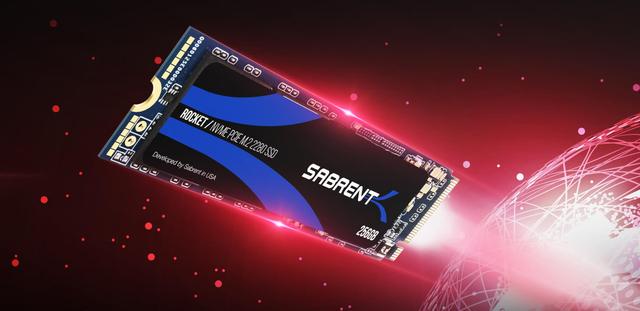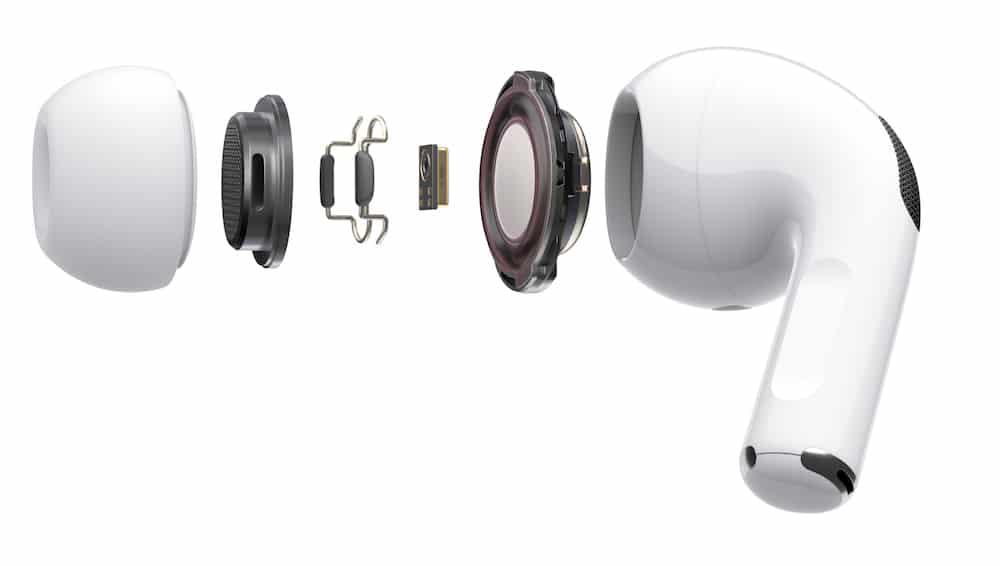PC: how to have an SSD twice as fast as that of the PS5
PS5's SSD is known to be extremely fast. Yet it is already possible on PC to far exceed its performance. Explanations.
Here's how to have a very fast SSD on PC
Since the presentation of the characteristics of Sony's PS5, the speed of its SSD has been debated. According to the boss of Epic Games, Sony's new console is "far superior to anything you find on PC" when it comes to its SSD. This is true for a single SSD, but it is possible on PC to get away from this limitation to far exceed the speed of the PlayStation 5.
YouTube linkSubscribe to Frandroid
RAID makes it possible to multiply performance
There is a method on PCs, often little known, for accumulating storage spaces and pooling them to derive more benefits. This principle is called RAID (Redundant Array of Independent Disks). In spirit, it is not very far from the possibility of placing two graphics cards (SLI or Crossfire) to increase the computing power, or to multiply the cores of a processor.
In this case, there are several RAID solutions. For example, RAID 1 makes it possible to have a true copy of one storage on another, practice to be sure to escape mechanical failures. Today we will rather be interested in RAID 0: it makes it possible to multiply the performance of the storage by making the disks work together on a single and same set of data (without redundancy this time, therefore).
Up to 32 GB/s read speed
If the PS5's 5.5 GB/s SSD is indeed faster than that of any computer today? Today on the market, that's without taking into account the possibility of creating a RAID 0 with SSDs and reaching a speed of 32 GB/s!
Asus Hyper to the rescue

Desktop computers offering on their motherboards to connect several SSDs are still particularly rare. The safest thing is therefore to go through a card that will allow you to connect up to 4 SSDs, each with 4 PCI Express lines, and connect to a 16-line PCI Express port on the motherboard.
This is exactly what the Asus Hyper M.2 card offers for less than 80 euros. The manufacturer offers two generations of cards, on the one hand the Hyper V2 PCIe 3.0 (up to 16 Gb/s) for motherboards with a PCI Express 3.0 port, and on the other hand the Hyper Gen 4 card (up to 32 Gb/s) for PCI Express 4.0 motherboards. We are talking here about AMD X570 motherboards which precisely offer this new generation of transfer.
Then simply connect up to 4 SSDs to this card and configure the RAID to obtain the desired performance.
Which SSD to take to reach such a speed?
As we said, the Asus Hyper card is not enough, we must now add the famous SSDs. Here we have decided to aim for a speed 2x faster than that of the PS5 SSD, or around 11 GB/s in reading. For this we have chosen the Samsung 970 EVO Plus SSD which offers a speed of 3.5 GB/s individually. Once we have pooled 4 SSDs, the speed of the whole can reach 14 GB/s, which easily exceeds the objective.
Of course by using PCIe 4.0 SSDs it is possible to go even faster.
How to configure the RAID?
Warning, configuring a RAID is a more complex task than a classic installation. You must first take care to install the drivers associated with RAID management, offered by AMD or Intel, and copy them to the USB key used to install Windows.
Before that, you will have to take care to activate the RAID option in the settings of the computer's UEFI bios. The option is in the advanced settings, in the "AMD CBS" or "Intel RST" section depending on the ecosystem. Look in particular for the “Sata mode selection” option.
When installing Windows, be sure to select "load drivers" when selecting the Windows installation location.
Is RAID really useful today?
The short answer is no. Today there is not really a use case for such a reading speed, especially in video games. It will likely be several years before games are fully engineered to take advantage of the PS5's SSD speed. Even then, it's hard to know if an SSD that's a little slower than the console won't be able to run these games. By then, the individual SSDs should catch up to the speed of the PS5 SSD.
However, storage speed is not everything, new game consoles benefit from architectures completely optimized for video games, whether it is the PlayStation 5 or the Xbox Series X, which desktop computers cannot offer Today. Just look at what Sony offers with additional priority levels or chips dedicated to 3D audio and decompression. Another good example is the Xbox Velocity Architecture which promises to multiply the performance of the Xbox Series X SSD.
Is this a good idea?
As we said, installing a RAID is a task reserved for the informed public. We do not recommend installing such a configuration today when the usefulness of such speed in games remains to be proven. This is above all an exercise to better understand what it is possible to do today on the PC.
To follow us, we invite you to download our Android and iOS application. You can read our articles, files, and watch our latest YouTube videos.



![PAU - [ Altern@tives-P@loises ] PAU - [ Altern@tives-P@loises ]](http://website-google-hk.oss-cn-hongkong.aliyuncs.com/drawing/179/2022-3-2/21584.jpeg)




![Good deal: 15% bonus credit on App Store cards of €25 and more [completed] 🆕 | iGeneration Good deal: 15% bonus credit on App Store cards of €25 and more [completed] 🆕 | iGeneration](http://website-google-hk.oss-cn-hongkong.aliyuncs.com/drawing/179/2022-3-2/21870.jpeg)


Related Articles